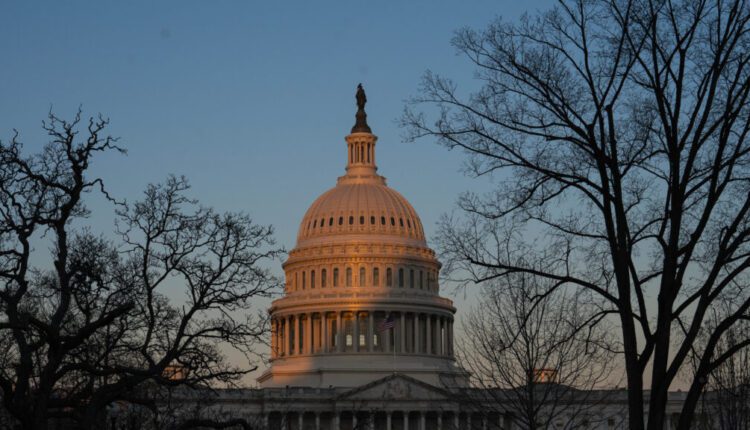
Senate Decision: Hospital, PBM, & Inmate Care Vote Imminent
TL/DR –
The Senate Finance Committee is set to vote on legislation that includes substance abuse, mental health policies, and reforms to drug middlemen’s business practices on November 8, according to health care lobbyists. The proposed law is expected to feature a provision easing the process for state Medicaid programs to cover services for inmates with substance disorders on entering jail. It will also attempt to delay a Medicaid pay cut to a program that rewards hospitals that cater to a disproportionate share of uninsured patients or those on Medicaid.
Scheduled Senate Committee Vote on Health Legislation
The Senate Finance Committee is expected to vote on a multi-faceted health care policy package on the 8th of November. The details of the legislative package, which includes mental health and substance abuse policies, reforms to drug middlemen’s practices, and extended provider payment policies for Medicare and Medicaid, are yet to be fully disclosed, according to healthcare lobbyists.
Expected Inclusions in the Legislation
The legislation is anticipated to facilitate state Medicaid programs in providing services to inmates with substance abuse disorders upon their jail entry. It would also seek to renew several payment policies in Medicare and Medicaid, including the delay of a Medicaid pay cut to a program benefitting hospitals servicing uninsured patients or those on Medicaid. An extension to the State Health Insurance Assistance Program, which covers states’ outreach and counseling of Medicare beneficiaries, is also expected.
Reform of Drug Middlemen Practices
The policy package also intends to address practices of pharmacy benefit managers (PBMs). However, the specifics of these reforms are still under negotiation with the House. Some lobbyists suggest the PBM reforms aim to assist pharmacies. Senate Finance Committee Chair Ron Wyden has previously criticized PBMs for pushing pharmacies out of business in Oregon.
Protecting community pharmacies from PBMs may cost the government less than restructuring PBM practices to reduce drug prices for beneficiaries. If PBMs were forced to subtract rebates from drug prices at the pharmacy counter, government premium subsidies would increase. This was evident when the Trump administration attempted to make insurers pass rebates to seniors, potentially costing the government $196 billion over ten years.
Read More Health & Wellness News ; US News
